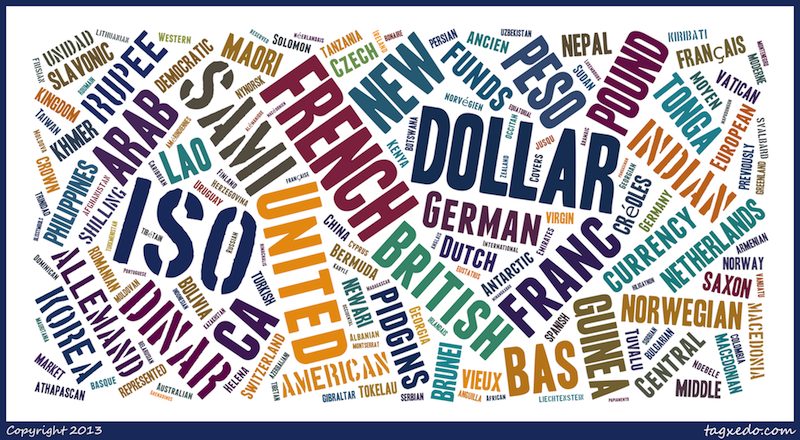May 30, 31 & June 1, 2013 in Madrid, Spain
APIdays Mediterranea is the event that will get together business, projects and people from the API ecosystem in Southern Europe and Mediterranean countries.
May 30, 31 & June 1, 2013 in Madrid, Spain
APIdays Mediterranea is the event that will get together business, projects and people from the API ecosystem in Southern Europe and Mediterranean countries.
The only thing that we know for certain about the future is that things will change, and that is especially true in our industry. If your APIs are successful they will be used in ways you never had foreseen and the data you deliver will be combined with other data in very surprising ways.
At the same time technology will change and what your organisation can and want to deliver to its customers will change. In order to keep relevant and to keep serving these ever evolving needs and requirements your APIs need to change and you need to know how to handle these changes.
What exactly is Content Negotiation? According to Wikipedia it’s “a mechanism defined in the HTTP specification that makes it possible to serve different versions of a document at the same URI, so that user agents can specify which version fit their capabilities the best”.
So, it serves two purposes: (1) making it possible to have different versions of the same response, and (2) letting clients specify which version they want to receive. Usually, this technique is applied when there are several types of user agents consuming the same HTTP resource but, because they have different rendering capabilities, they might ask for different content types.
Full disclosure: I was born and live in the USA, American English is my native language, and I spend USD every day. However, I work with customers in 18 countries and regions on five continents, and the list is getting bigger all the time.
Operating a business in the global market is not as trivial as it might seem, if you’ve never seen it through. Everyone not only speaks different languages and has different currencies (not to mention driving on the different sides of the road), but they also have different cultural norms. In many situations, we can merely provide raw values for dates and currency and avoid formatting. However, when content includes localizable information, especially dates and currencies, display formatting needs to be sensitive to the localized culture.
If you’re considering making the jump off of your own soil to the rest of the globe, hopefully this will give you some insights.
Since Google’s announcement of Glass people have been wondering about the possible applications that can be built on it and how it might increase one’s productivity. Well, your wait is over now, because Google has recently released the documentation on how to interact with Glass through their Mirror API.
According to the documentation, the Google Mirror API “allows you to build web-based services, called Glassware, that interact with Google Glass”. Even better is the fact that this functionality doesn’t need that you run any code on Glass itself, since all interactions are done via RESTful endpoints.